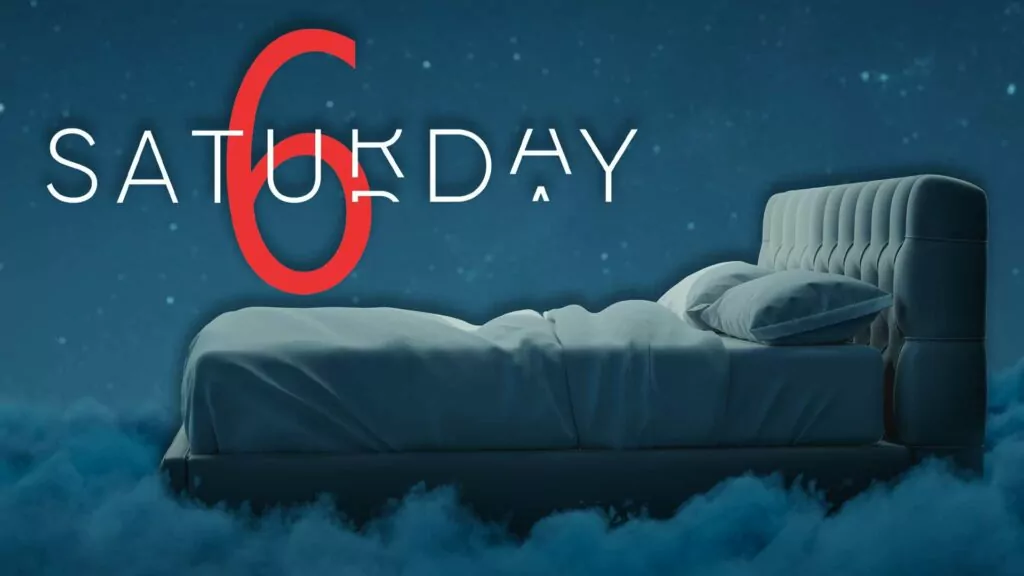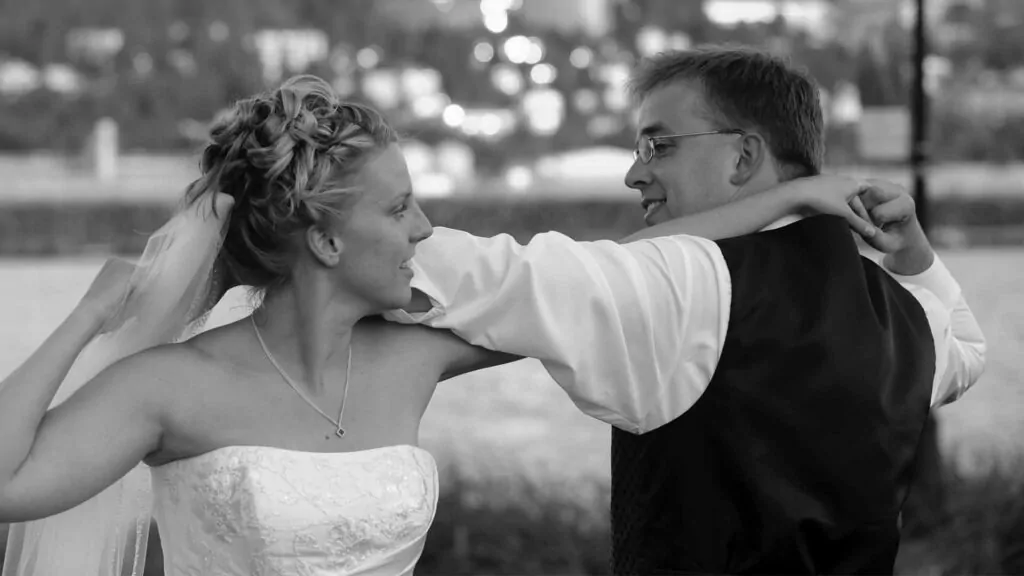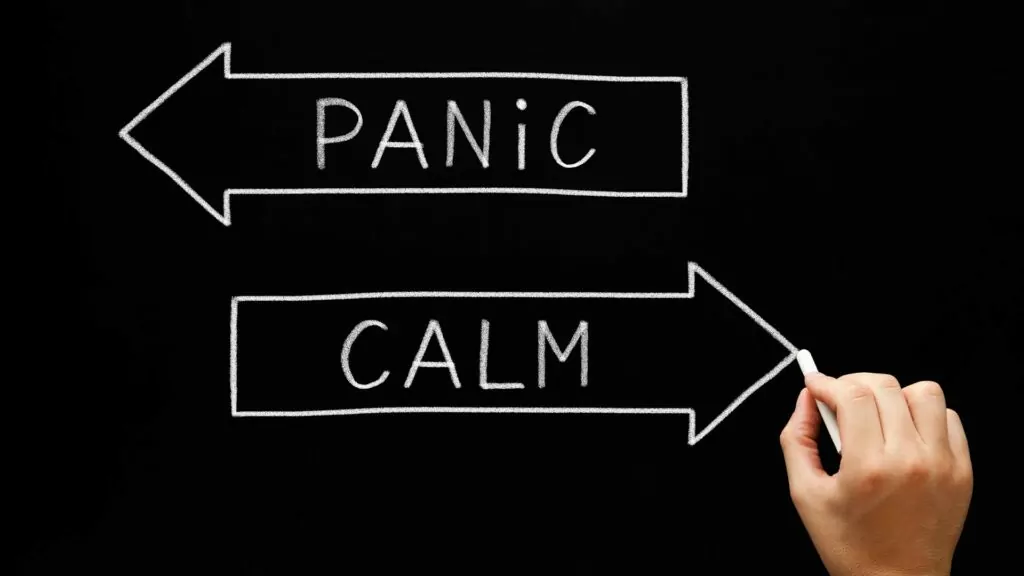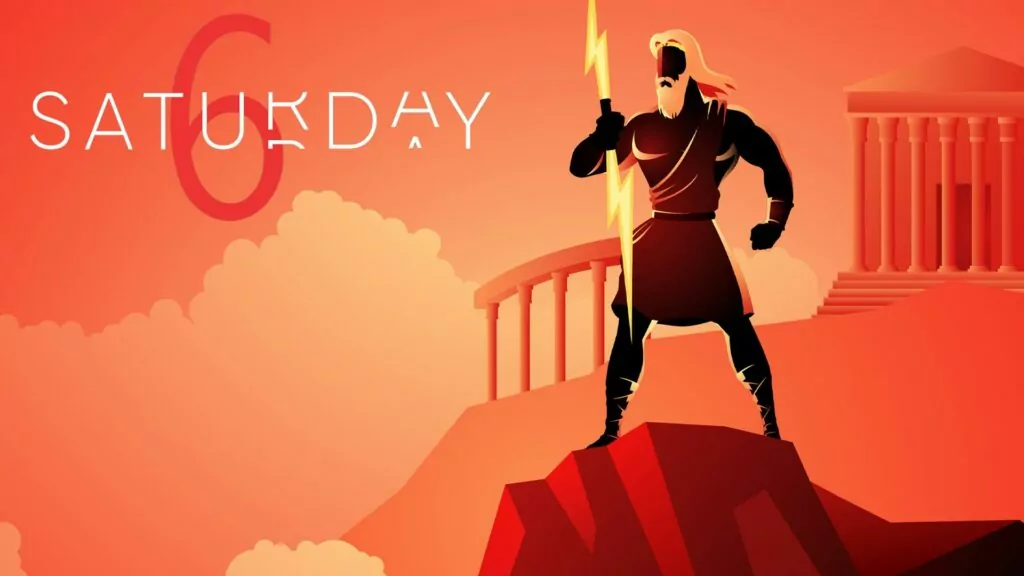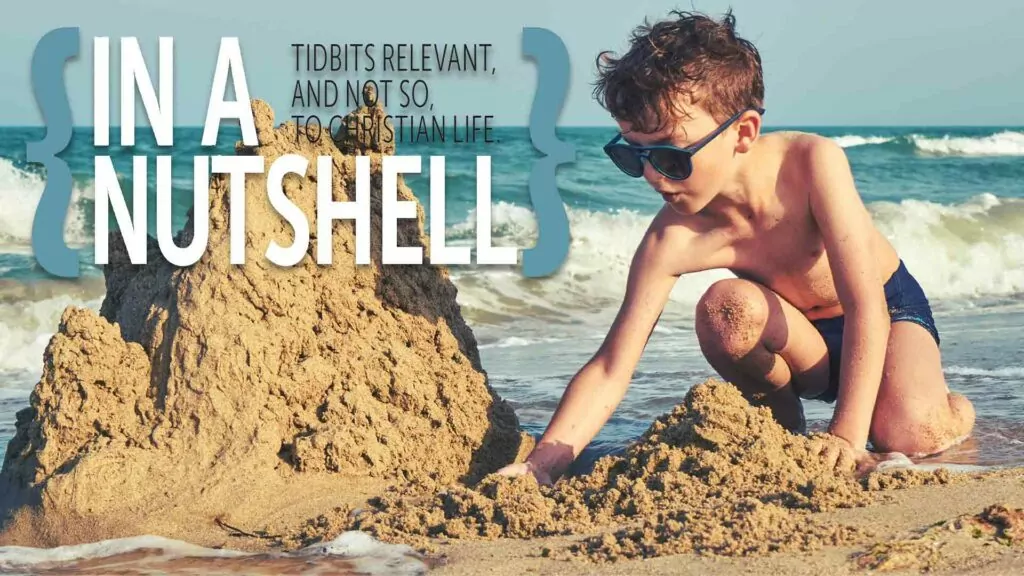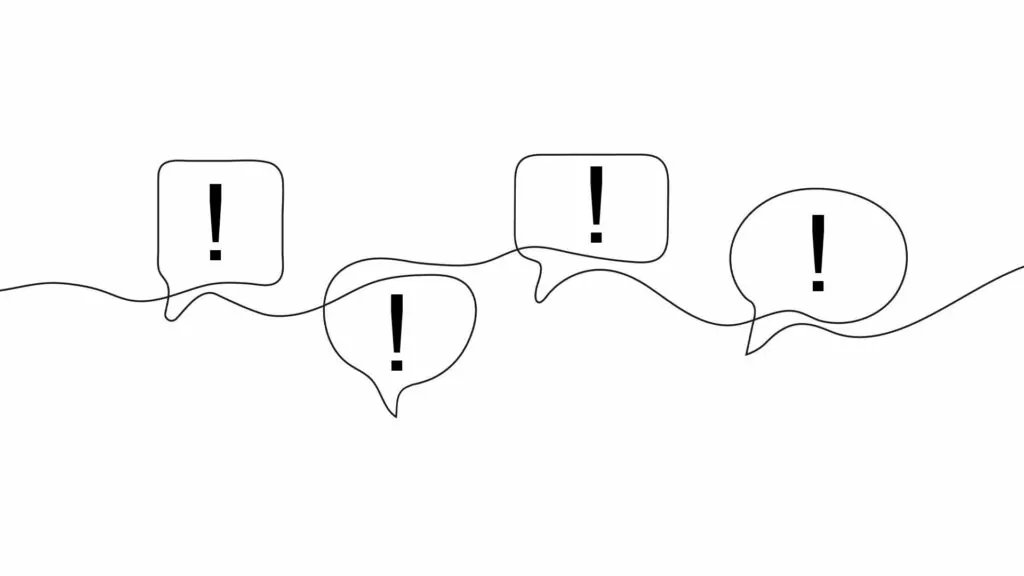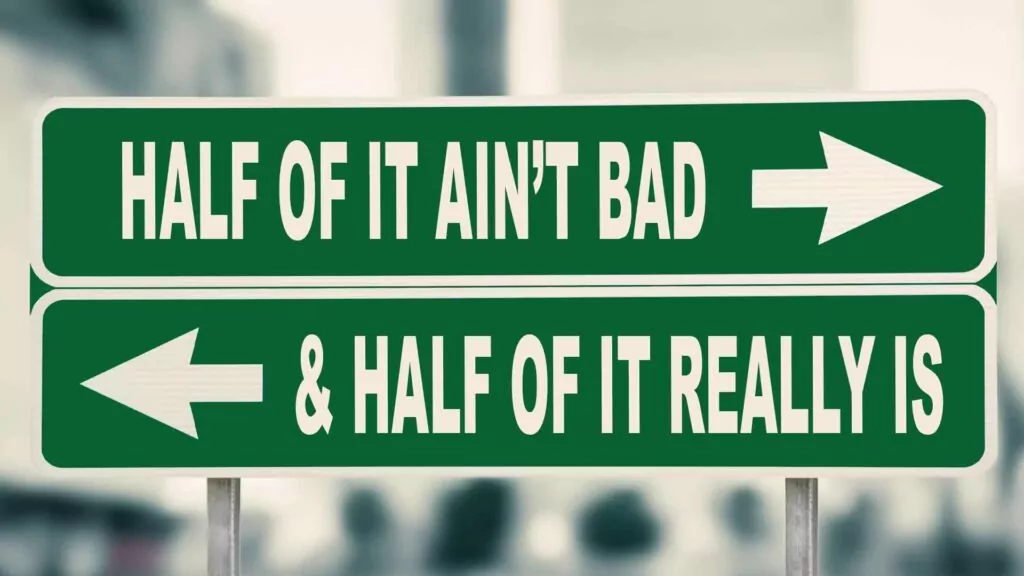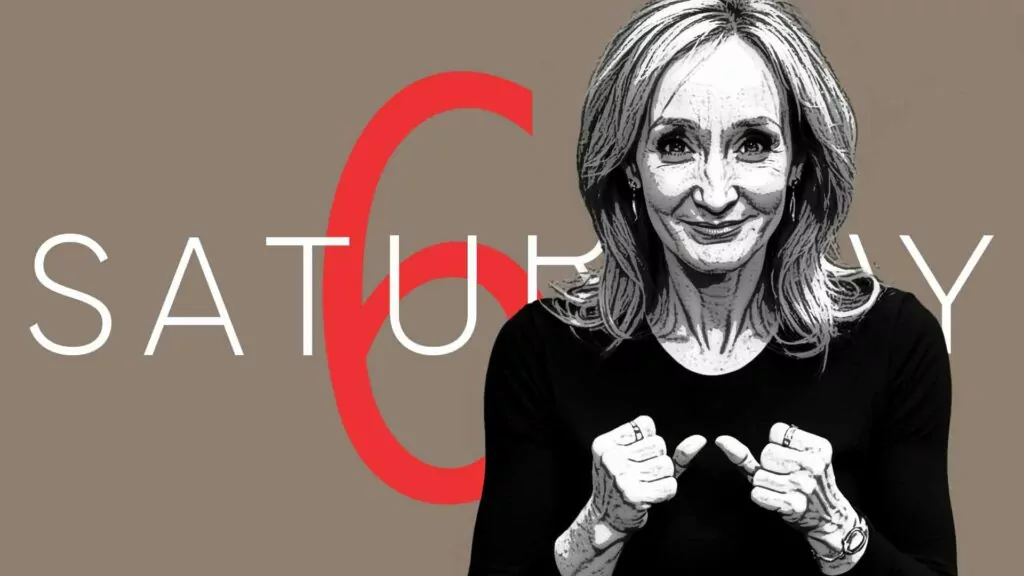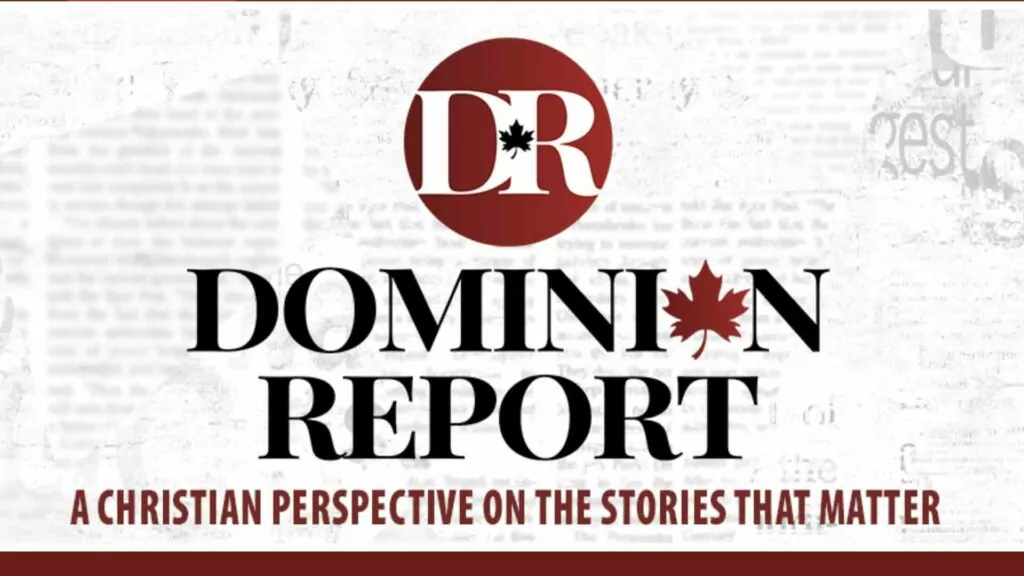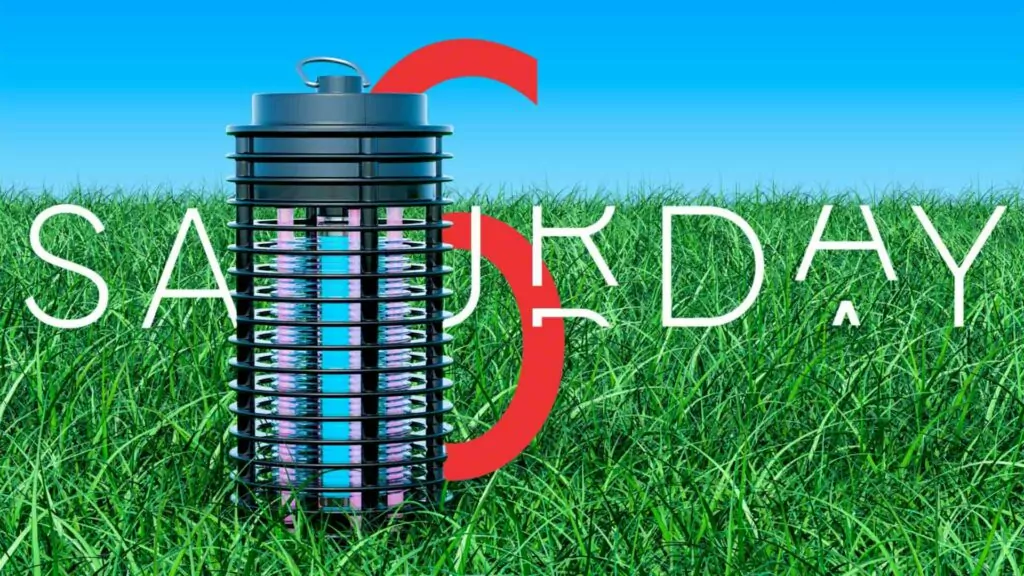That I may declare it boldly
Therefore, take up the whole armor of God, that you may be able to withstand in the evil day, and having done all, to stand firm. Stand therefore, having fastened on the belt of truth, and having put on the breastplate of righteousness, and, as shoes for your feet, having put on the readiness given by the gospel of peace. In all circumstances take up the shield of faith, with which you can extinguish all the flaming darts of the evil one; and take the helmet of salvation, and the sword of the Spirit, which is the word of God, praying at all times in the Spirit, with all prayer and supplication. To that end, keep alert with all perseverance, making supplication for all the saints, and also for me, that words may be given to me in opening my mouth boldly to proclaim the mystery of the Gospel, for which I am an ambassador in chains that I may declare it boldly, as I ought to speak.
– Ephesians 6:13-20
****
When I was a baby my mom dressed me, often in clothes which she herself had made. Gifted with creativity, she knitted sweaters, booties, skirts, jumpers (and you name it) – all for me. Later on, my oldest sister was given the task of helping me and I still remember sitting on the baby dresser, feet dangling over the edge, as she washed my face, chose my clothes and carefully decked me out like a precious doll before she took me down to breakfast. How blessed I was! Care, clothes and food – all provided for me before I even understood what great provisions these were. And later, after breakfast was finished, my Father would add to the list of benefits by awarding me with an unequaled present, the reading of the Bible.
As I grew older, I learned how to dress myself. And so I did. Putting on undershirts, underpants, socks, skirts, tops, dresses, etc., all grew into skilled appareling techniques which I mastered with growing ease. As my Father kept on reading the Bible to all of us gathered around the table, I was continually instructed in the wearing of an armor. Although there were no mail accoutrements hidden under the dining room table, and no chain link vests hanging in the hall closet, nevertheless, I slowly imbibed the knowledge that I needed to be girded by this protection.
80,000 conversations
Although it is somewhat of an impossible statistic, it has been calculated that the average person will meet approximately ten thousand persons in his lifetime. That is mind boggling! These people will not be intimate acquaintances. Rather, they will be people whom we meet once, perhaps twice, in our lifetime and then probably only in a casual way. Nevertheless, they will pass through our lives – in shops, at malls, on streets, on buses, in classrooms, at baseball games or in restaurants. Ten thousand folks, each with a beating heart and a living soul! Ten thousand people! Enough to populate a small town!
When I was first married, I had to walk through the downtown streets of Hamilton each day to get to my place of work. No matter what the weather had in mind, sunshine, snow, rain or wind, every morning I would pass a woman at approximately the same spot. She was a thin, middle-aged lady with dark hair tied back in a severe bun. The woman always avoided my gaze and would never look at me directly. I began to say “hello” to her, but she never responded. I tried “good-morning” and “good day” and, after a few weeks, it began to be a sort of game for me. Will she react to me today? Will she smile back at me? What shall I do this morning to catch her attention? In the end, after about eight months, just before we moved from Hamilton to Guelph, she smiled back. And then, I never saw her again.
*****
One piece of data I read posits the thought that if you have conversations with three new people each day for 73 years, an average life span, the number of conversations you would have during your lifetime would be 80,000. That's a lot of conversations! And this number of people are as many as would fill an Olympic stadium! Time to clear your throat, or rather, time to think about putting on the armor.
Once, many years ago, my husband and I stayed in a small motel in Whitney, Ontario, a town bordering Algonquin Park. We were there for a few days of holidays and enjoyed ourselves immensely. The three children we had at that point were being looked after by family and we reveled in sleeping late and in long nature hikes.
Next to our little motel was a small trading post with a lady proprietor. She was a very sociable woman and whenever we stopped in to make a purchase, she talked incessantly and enthusiastically about the beauty of the park and about the delight she took in the wildlife around her store. She also went out of her way to show us some of the unique artifacts displayed in her shop. Friendly, good-natured and personable, she made us feel special. On the morning we left to drive back home, we stopped in to say good-bye. After briefly chatting, another customer arrived and we slowly faded into the background towards the door. Behind us, the woman chattered away to the newcomer. And then she swore. Her voice had turned raucous, loud and exclamatory, puncturing the air. We went on our way. I distinctly remember that it was raining hard outside. My husband had the windshield wipers of the car going quickly. Back and forth they went, as if they were trying to wipe out the memory of that swear word. We never saw the woman again.
What sort of letter are you?
We are letters. Paul tells us this in 2 Corinthians 3. We are letters which are read. When people are more intimately involved with us, they are more likely to read us more carefully (and between the lines), than those who know us only a little bit. Yet all the people who pass us, and that includes strangers who only see us for a moment or two, will scan us to some extent. And what will they read?
When I was in business college, there was a girl in my class. Her name was Ellie. She was a quiet girl with an appealing roundish face and glossy, bobbed, reddish-brown hair falling sleekly about her cheeks. Ellie gave the impression of vulnerability. Her large, brown eyes observed the world questioningly above a multitude of freckles.
During one of those first days of school, we both chanced to be going down the elevator at lunch hour and somehow ended up eating lunch together in a local park. Ellie boarded in the downtown Hamilton YWCA. She had a room there and invited me to see it. Her family lived on a farm, too far away for her to travel back and forth every night, she told me. I thought nothing of it until a few weeks later, when it became obvious to me, naive though I was, that Ellie was pregnant. It was difficult to broach the subject, but I did. Ellie cried and told me that she had been adopted and that her adoptive brother was the father. She loved the baby growing within her, but her parents had told her that she could only come back home if she would give up the baby for adoption.
Both empathetic and horrified after her revelation, I promised to help her. I was a Christian, I told her, and Christians always help others. It was a Friday and I went home full of plans, immediately contacting two local pastors to ask if they could help me find a solution to Ellie's problem. Neither was particularly enthusiastic and, thinking back on it now, I cannot really blame them. Although my eagerness to help knew no bounds, the information I had was scanty. When I came back to school that following Monday, Ellie was not in class. Walking to the YWCA during lunch hour, I discovered that Ellie had disappeared. No one at the desk was willing to give me her address. I never saw her again.
*****
If you go shopping, it is inevitable that you will pass a great many people whom you will never see again during your lifetime. It is unlikely that you will hold a conversation with each and every one of these people. But the sheer breadth and width of the scope of individual lives who intersect with you for only the space of a moment is mind-boggling. It can make you conceive of yourself as part of a huge multitude; it can make you conclude that you are immensely small; and it can make you regard God as incredible beyond comprehension. For He knows the minds and hearts of all – every step, every thought, and every hair on their heads.
Go out into the world, He said.
We tend to hide behind devices now – we speak to a lot of people on these devices, without actually really speaking to them – and feel good because people respond to our trivial questions and remarks.
There is a need for people to belong – the need to build up a facade of relationships – the need to look as if we are not alone. The sad truth is that most people don't know how to belong any longer. If there is any sort of pandemic in the world which is in dire need of a vaccine, it is the pandemic of perceived friendships with inanimate cellphones. It is a deafness, an inability to interact, and a numbed knowledge of what real fellowship actually means. Detached and indifferent, many have lost the wisdom of how to live in community, of how to love your neighbor as yourself.
Catholic conversation
A number of years ago, I accompanied my husband to Montreal where he had to attend several meetings. While he was participating in his conference, it was my privilege to wander through the streets of Montreal. It cost me five dollars to get into the Notre-Dame Basilica. And thinking about it, maybe the five dollars went to a wrong cause and I should have resisted the desire to see the insides of this monumental structure. But I didn't. I handed my ten-dollar bill over to a man behind a dark desk, a man who was neither friendly nor gracious and, after receiving my change, I pushed open the heavy, creaking door to the Basilica's sanctuary.
An overwhelming smell of wax assailed me almost immediately upon entering. Electric light bulbs were hidden away high up on the ceiling or inside niches; and rows upon rows of flickering sweet-smelling candles were situated under every pillar. I made my way past these little flames with the wooden boxes in front of them, every one of them inviting poor, unsuspecting supplicants to put their dollars and dimes to bad use. Side aisles were flanked by stained glass windows. Haloed statues overshadowed these aisles every few steps. I strolled towards the front of the massive church. An English guide was stationed next to the first few pews, where she was giving a group of non-French tourists a brief history of the Basilica.
The friendly, short-haired guide motioned to me that I should sit down with the rest of the group in those first few pews. She asked us, "Did you know that the Notre-Dame used to be just a small chapel?"
The huge ceiling above our heads almost belied this fact, and we all stared up at the vast space above our heads because the guide made a sweeping upward motion with her arm. "Yes," she continued, "and by the way, my name is Gabrielle, you know, like the angel."
This evoked chuckles.
"Now we will just go around and everyone else can say their name and where they come from." There were people sitting next to me from Norway, from BC, from Michigan and California.
"You know," the little guide went on, "you are in a place where many famous people have been." We did not respond but looked at her expectantly. We knew she would tell us who else had been there. And she did.
"In 1873, Sir George Cartier's funeral was held here. And in the year 2000, Pierre Elliott Trudeau's funeral took place here as well. And in 1994, Celine Dion was married in this very church. The truth is that one hundred or more marriages and approximately one hundred and twenty baptisms are celebrated here every year. We have a special chapel attached to the Basilica. It is the Sacré-Coeur (Sacred Heart) Chapel, also known as the wedding chapel."
We took all this information in silently.
"And then, of course, in 1984, the Pope, that is, John Paul II, visited. He raised the status of Notre-Dame from church to basilica. He did this because of the church's historic, architectural and artistic value. It is very beautiful, do you not think so?"
Heads nodded. Who could deny the architectural immensity of this place? A stooping figure hung on the cross straight overhead, surrounded by what I presumed to be the apostles. But above the cross was another representation – that of Mary being crowned by God. The guide was not long in pointing this out.
"Mary has first place here," she said. "It is, after all, her church. That is why," and she motioned upwards again with her arm, "the ceiling is blue. Blue is her color, you know."
We all gazed up once more. It was true. The magnificent ceiling was a sky-blue. The guide continued to recite a litany of cultural events which regularly took place in the Basilica and how the Montreal Symphony Orchestra had performed there several times. Then, after telling us we were free to walk around and browse, she excused herself and left us on our own. I never saw her nor any of that group again.
A key conversation
But then there is this story.
A long time ago, a traveler reached the fork of an old Roman road. It was about suppertime and he, being quite weary, sat down. In the west, he could see a mountain and to the north was the city which today is called Nablus. There was a well nearby. In the present time, that well is surrounded by the walls of a convent, but at that moment it was quite out in the open. It was a deep well, almost 100 feet deep. The traveler was thirsty and when a woman appeared, a stranger, carrying a water-pitcher on her shoulder, he spoke to her. She had walked some ten minutes from the nearby city to get to the well and she was alone.
"Give me a drink," the stranger said.
His accent and pronunciation immediately told the woman that he was not native born to the area but that he was Jewish. And she was also quite aware that Jews were usually not of a kindly disposition towards people from her area. As a matter of fact, they wouldn't even use the same cutlery or drink from the same vessels. She was therefore puzzled by his request.
"How is it that you," she countered his question, "a Jew, ask a drink of me, a Samaritan?"
The stranger merely looked at her and then made use of her curiosity to further the conversation.
He said, "If you knew the gift of God, and Who it is that said to you, 'Give me a drink,' you would have been the one to ask Him, and He would have given you living water."
She said to Him, "Sir, you have no rope-bucket, and the well is deep; where do you get that living water? Surely, you are not greater, are you, than our father Jacob who gave us this well and he himself drank from it, and so did his sons and his flocks."
To the west of the woman, Gerizim, the mountain of blessing, stood. And to the northeast of Gerizim stood Ebal, the mountain of the curse.
And the stranger said to her, "Whoever drinks this water will thirst again; but whoever drinks the water that I shall give him will in no way be thirsty again forever, for that water which I shall give him will become in him a spring of water that keeps on bubbling up unto everlasting life."
The woman, who had walked ten minutes in order to get to the well and who had to walk ten minutes down and back each day in order to satisfy her physical needs, immediately yearned for this water of which the stranger spoke.
"Sir, give me this water," she pleaded, "that I may not get thirsty or have to keep on coming so far to draw water."
The stranger responded, "Go, call your husband and come back here."
Impressed by his friendliness, and by His interest in her life, the woman, who was usually avoided by the people of her town, responded. In offering the woman a few moment of His time, a moment which led to a taste of eternity, Jesus begins to quench her inner thirst. Spurgeon commented that Christ has different doors for entering into different people’s souls. Into some, He enters by the way of understanding; into many, by the way of the affections; to some, He comes by the way of fear; to others, by the way of hope; and to this woman He came by the way of her conscience.
All sorts of conversations to be had
After Jesus' encounter with the Samaritan woman, He told His disciples that the fields were white with harvest. He intimates that there are numerous multitudes ready for them to meet. He declares that there are countless people ready to be spoken to, ready to be brought into the kingdom of God.
By knowing Him and by wearing the “so very useful” armor He gives us to wear, we also are able to meet with, speak to and listen to at least some of the host of villagers, innkeepers, musicians, businessmen, housewives, gender-lost and value-lost people we will meet on our way.
Jesus never saw the Samaritan woman again. Or did He?...











